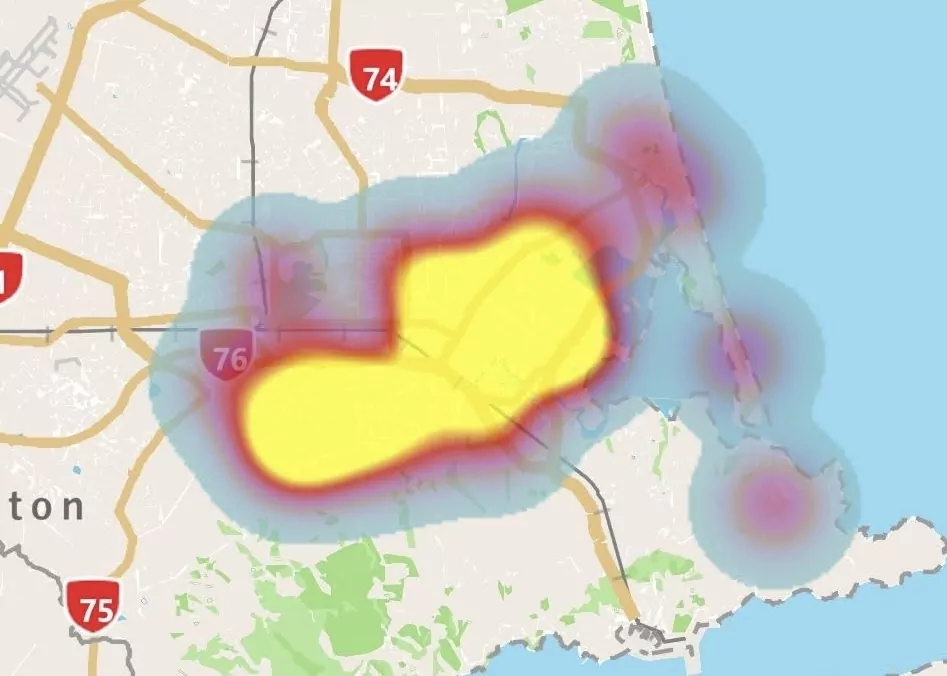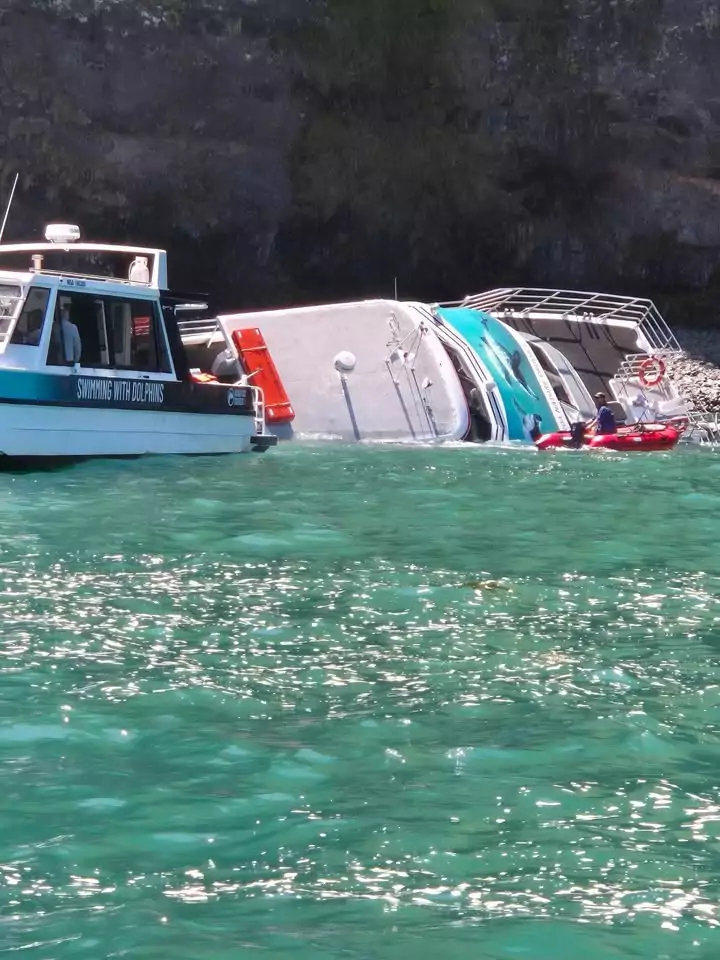Escaped youth tracked by Eagle helicopter, found hiding in New Brighton
The young person who escaped from a youth justice facility in Rolleston has been located...
Christchurch rate payers can now have their say on the council’s proposal to increase rates by 3.5 percent.
Public consultation on the revised Draft Annual Plan 2020–21 is open until Monday 29 June at 5pm.
Submissions can be made online at Have Your Say, via email or letter, or by filling out a form available at all Council service centres or libraries.
Visit ccc.govt.nz/annualplan for more information.
Christchurch Mayor Lianne Dalziel says council “lost a significant amount of revenue from the closure of our facilities during lockdown, and the income we were expecting to earn from our companies, like Christchurch Airport, has dramatically reduced.”
“We will probably end this year with a $33.3 million deficit. Initially we were anticipating a small surplus.”
“Against this backdrop we’ve reworked our Draft Annual Plan, looking at how we can support our city’s recovery, at the same time as tightening our belt so as not to put too much pressure on our residents and businesses. Getting that balance right is the challenge of this budget.”
“When we went out with our original Draft Annual Plan in February, we proposed an average residential rate rise of 2.74 per cent and an overall increase of 4.65 per cent.”
“The recommended budget option trims the average residential increase to 1.81 per cent and the overall rise to 3.5 per cent.”
“If you own an average-valued house ($508,000) the amount you would pay each week for Council services (such as water, wastewater, libraries, parks & roading) and community facilities would increase from $53.54 a week to $54.51.”
Mayor Dalziel says “we have capped spending on capital projects at $400m, plus $118m for the Metro Sports Facility and the Multi-Use Arena. We have also reduced operational spending by $23m and increased borrowing by $102m over two years.”
She says council is also proposing to introduce excess water usage charges for the top 20 per cent of residential users and resuming the use of glyphosate-based weedkillers, with appropriate precautions in place.
“We also want to give a one-off $360,000 boost to the Strengthening Communities Fund so we can help community organisations cope with the challenges of the COVID-19 crisis.”
Councillor Sam MacDonald
Councillor Sam MacDonald says “for a council that was “laser focused ” on no rates increase, a majority of Councillors opted to not consult on zero or the 2.99% option. The 6 who voted against the draft annual plan were out voted.”
Mr MacDonald says “with the rate increase of 3.5% that equates to about 17 million of operational expenditure against a 500 million dollar budget for operating expenditure.”
He says the other key factor is Capital expenditure – “the current proposal is for 400 million of capital expenditure, of which a portion has been deemed not a high priority. For example, it’s all ranked from 100 to 1, 100 being the best and 1 being the worst. There is about 100 million of work that could be deferred that would allow the council to borrow less and avoid maxing out our debt ceiling.”
Mr MacDonald “says 100 million of capital would be 1% on rates, so that combined with about 12 million of operating savings would be get us to zero.”
But Lianne Dalziel rejects a zero per cent rate increase option.
“If it were achievable in the context of an Annual Plan change it would be an option. But it isn’t possible.”
“It is worth remembering we would have got to zero, if we were starting from where we were in February. Then, we would have needed savings of about $24m. But because of the losses I’ve highlighted, we would now have to find more than $40m in savings, which would severely impact on some of the core services we provide and a significant number of the projects we are able to deliver.”
Ms Dalziel claims council would need to shut some facilities or significantly cut back their hours, reduce or stop services, and cut many of our capital projects.


